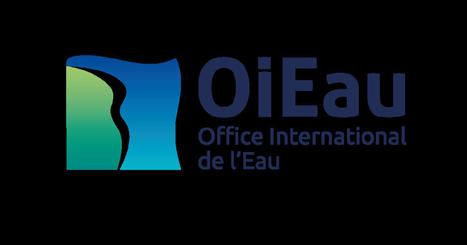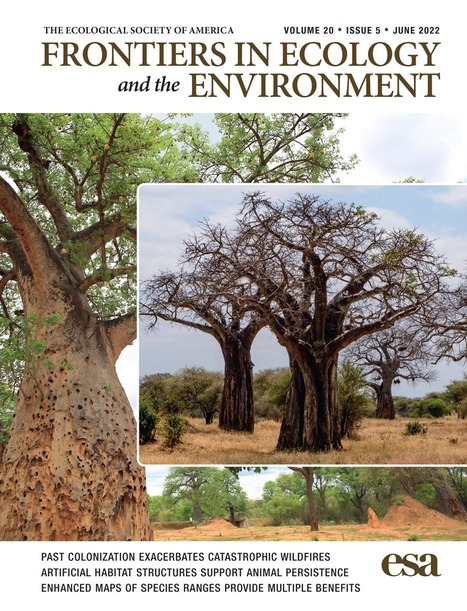La Méditerranée, point chaud du changement global.
La région méditerranéenne est un concentré des grands enjeux mondiaux sous contrainte de changements multiples : climat, montée de la mer, stress hydrique, artificialisation des littoraux,pollutions, transitions démographiques, sur-fréquentation touristique, inégalités sociales et économiques croissantes, guerres locales... Elle représente aussi une remarquable opportunité de coopération dans un cadre historique et culturel exceptionnel.
Research and publish the best content.
Get Started for FREE
Sign up with Facebook Sign up with X
I don't have a Facebook or a X account
Already have an account: Login
Revue de presse et du net par le Pôle de partage des connaissances S&T de l'Office français de la biodiversité
Curated by
DocBiodiv
 Your new post is loading... Your new post is loading...
 Your new post is loading... Your new post is loading...
|
|












A été présentée le 16/05/2024 par Denis LACROIX, Chercheur Ifremer, DG, Prospective via @umrMARBEC